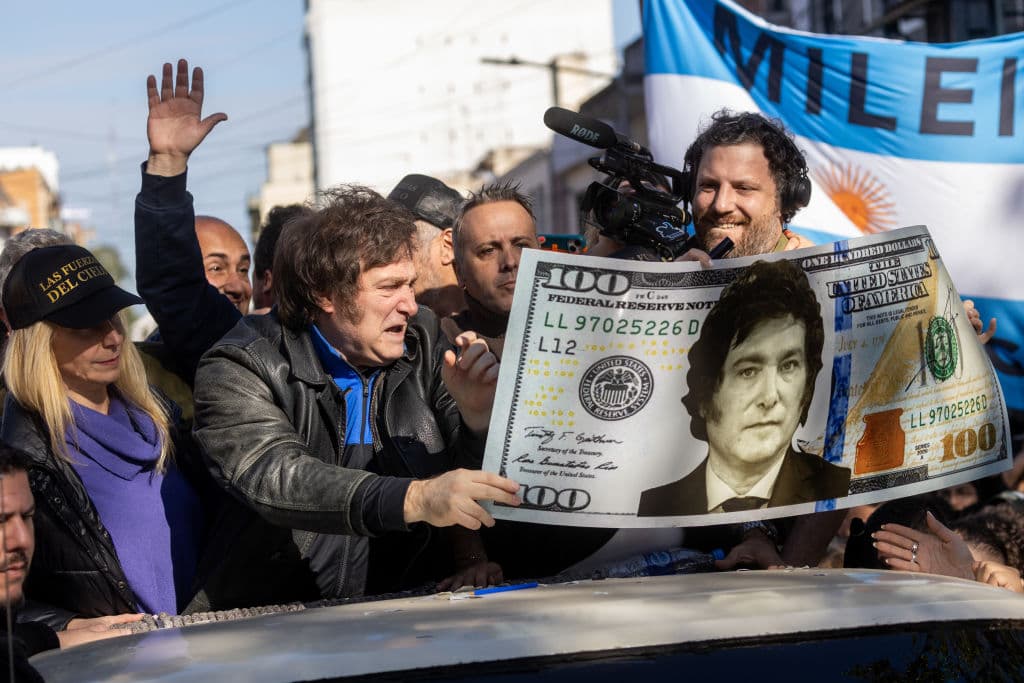Argentina’s Monetary Rebellion
It’s time for President Milei to pick up the pace of reform as regional Perónists lay plans to issue their own scrip.

As Javier Milei’s reform agenda is forging ahead in Argentina’s legislature, a currency war is emerging in a left-leaning northern province to defy his austerity program. It underscores the need for Mr. Milei to move quickly on his monetary vow, starting with stabilizing Argentina’s debased peso. The best way to achieve this is to move toward a gold-backed currency, but his campaign pledge to tie the peso to the dollar would mark a step in the right direction.
Please check your email.
A verification code has been sent to
Didn't get a code? Click to resend.
To continue reading, please select:
Enter your email to read for FREE
Get 1 FREE article
Join the Sun for a PENNY A DAY
$0.01/day for 60 days
Cancel anytime
100% ad free experience
Unlimited article and commenting access
Full annual dues ($120) billed after 60 days

